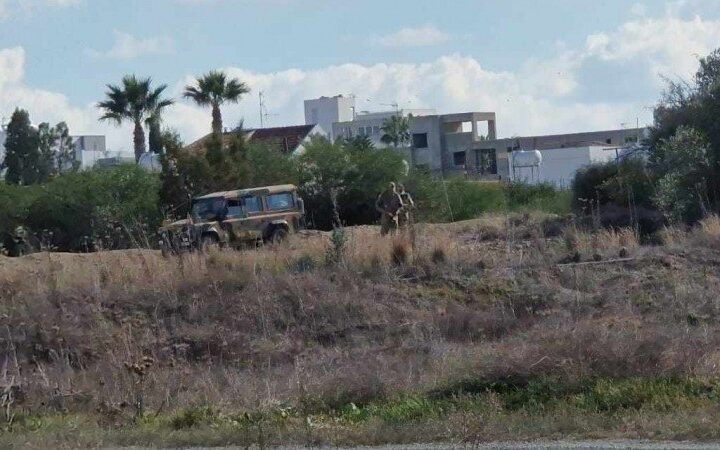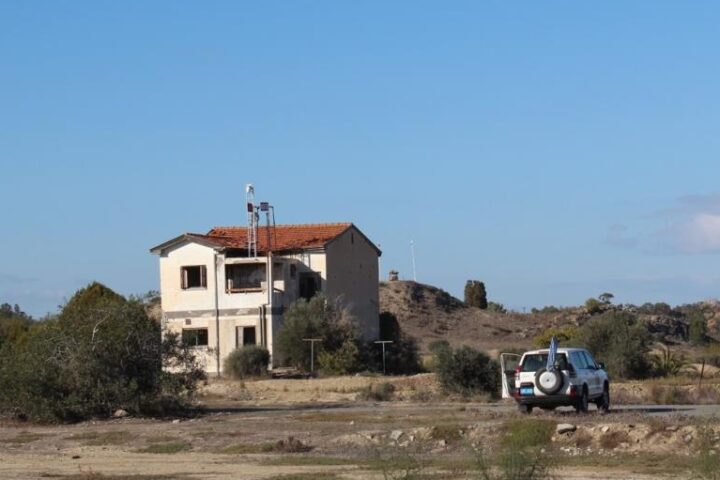Turkey is heading for a runoff vote on May 28, as incumbent President Tayyip Erdogan unexpectedly led over his opposition rival Kemal Kilicdaroglu in the first round of elections.
As state news agency Anadolu reported, with almost 99.38% of ballot boxes counted, Erdogan was ahead with 49.42% of votes, while his main opponent Kilicdaroglu garnered 44.95%.
Although coming very close to winning the Presidency during Sunday’s election, he fell short of an outright majority of 51% to extend his 20-year rule of the NATO-member country.
Analysts find that despite a drop in popularity, Turkey’s President could hang on, coming close to taking home the prize, as he used the state apparatus to its fullest.
Most opinion polls before the first day of the elections showed Kilicdaroglu in the lead.
Turkey’s leader was not expected to perform so well at the ballot, largely due to an economic reversal that saw the country’s prosperity, equality, and ability to meet basic needs tumble midway through Erdogan’s two-decade reign.
Growing dissatisfaction took off after a 7.8 magnitude earthquake left tens of thousands dead, with the opposition and experts blaming government policy for offering amnesty to developers who had violated building criteria in previous years.
In comments to the Financial Mirror, Ahmet Sozen, a professor of Political Science at the Eastern Mediterranean University in the north, said that Erdogan could cling to power, at least until May 28, as he used the state apparatus to his benefit.
Noting that in democratic regimes, results are usually announced five to six hours after the ballots are closed, “In Turkey, we are still not clear what the final results are the following day”.
Earthquake
“But apart from this, it is clear that Turkey’s President has made use of the state apparatus, making promises and garnering support among dissatisfied parts of the society, including earthquake victims,” said Sozen.
Erdogan’s administration was late in dispatching help to the affected areas, and it later emerged that the majority of collapsed buildings were included in a zoning amnesty promoted by Erdogan’s administration.
The February 6 earthquake struck southern provinces, traditionally AKP strongholds, have continued to show support for Erdogan’s National Alliance.
“So, people’s loyalties were shaken following the earthquake and the state’s poor response, but promises of financial aid from the state apparatus appear to have patched up cracks,” said Sozen.
“As things stand now, Erdogan is five steps ahead, but this does not guarantee him the gold.”
Political analyst Ali Carkoglu told Qatari-based Al Jazeera that Erdogan has “the momentum behind him”.
“Erdogan maintained his base of support in the heartland of Anatolia; although he lost some support in the southeast, he still maintained the central Anatolian provinces.
“He also maintained some reasonable level of support in the big cities, as well.
“He was very successful also in the earthquake-hit regions.
“Some people find it surprising, but he apparently delivered what they expected of him and promises that he will deliver even better in the aftermath of the election.”
Carkoglu said what went wrong for the opposition was that “they couldn’t get any support from the heartland of Turkey”.










